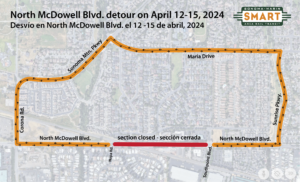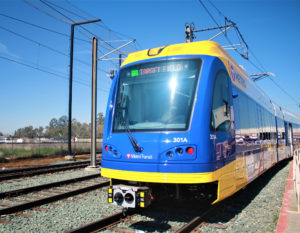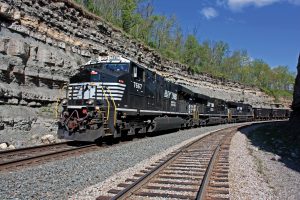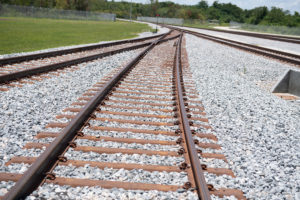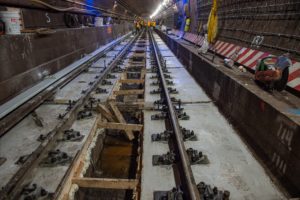WMATA resumes normal rush-hour service after SafeTrack, continues preventative maintenance
Written by Maggie Lancaster, assistant editor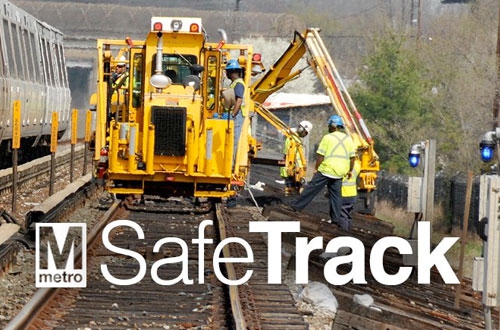
Washington Metropolitan Area Transit Authority (WMATA) is preparing for less disruptive maintenance and planned capital work after a year of its SafeTrack program.
“SafeTrack was the most aggressive track renewal program in Metro’s history, and it achieved its primary goals – but it all came with the cost of great inconvenience to our riders,” said Metro General Manager/CEO Paul J. Wiedefeld. “Now, like every other mature transit system, we must do everything in our power to prevent another SafeTrack through a healthy program of preventive maintenance combined with planned capital projects.”
Metro’s SafeTrack program disrupted the transit authority’s rush-hour commutes for the last year. The SafeTrack program sought to achieve three years’ work of preventative maintenance and planned capital work in a single year. When the program ends on June 25, WMATA will transition to a new program of preventive maintenance and planned capital work to ensure the system does not require another emergency program of the scope or scale of SafeTrack.
WMATA will adjust service hours to allow longer maintenance windows overnight. The transit authority says it will use the additional hours for enhanced preventive maintenance including cable testing to prevent smoke and fire incidents, stray current testing, trackbed cleaning, switch maintenance, torqueing (tightening fasteners, joint nuts and bolts) to eliminate excessive strain on infrastructure and track geometry work to ensure the correct rail alignment.
Once SafeTrack ends, WMATA says customers will enjoy normal rush-hour service with only a handful of exceptions for three major capital projects that cannot be accomplished effectively during overnight or weekend work windows. The three projects this year include a summer project to rebuild interlocking and grout pads outside Branch Avenue, a fall project to rebuild interlocking outside Takoma Station and a spring project in 2018 that will rebuild interlocking and grout pads outside Huntington. WMATA says each project will affect only 10 commuting days, totaling 30 days for all three projects, resulting in normal rush-hour service for 99 percent of the year.

